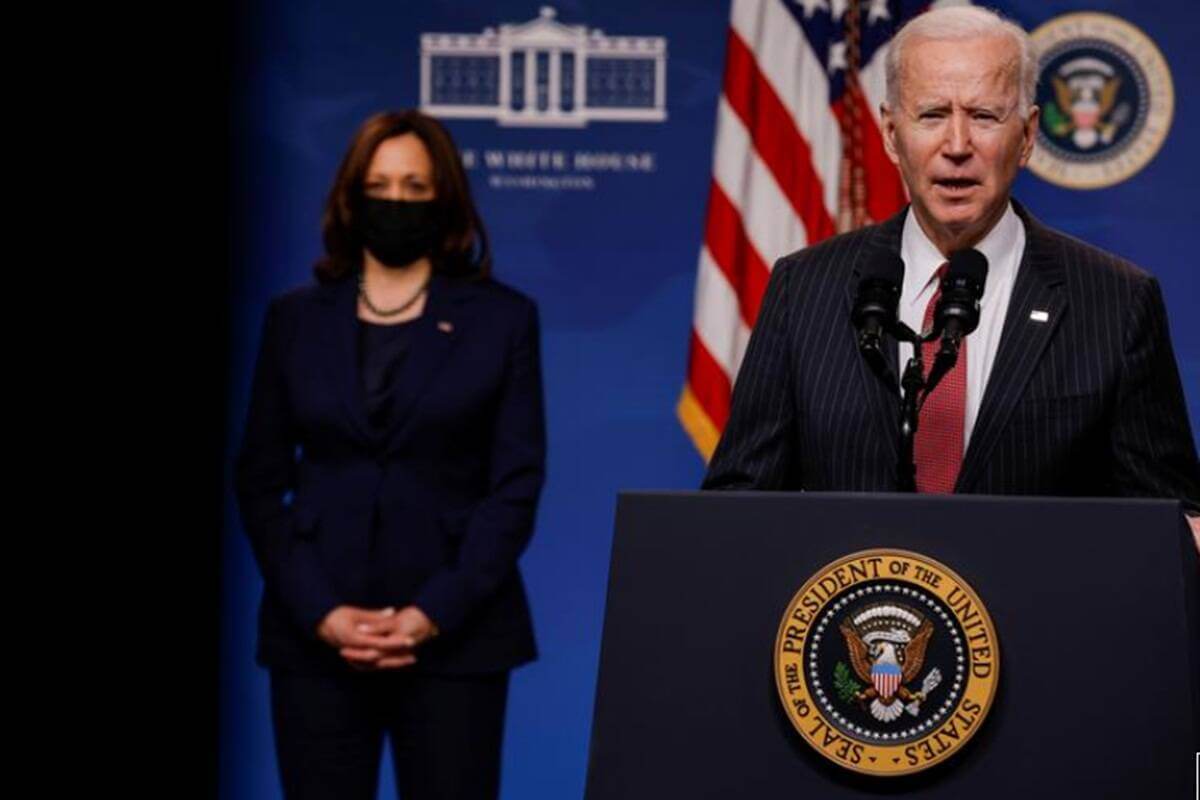On February 1, Myanmar’s military seized control of the government for one year and many high-level politicians, including State Counsellor Aung San Suu Kyi and President Win Myint, were placed under house arrest. The coup was attributed to the failure of the government to act on the military’s questionable claims of voter fraud in the election conducted last November, when the National League for Democracy (NLD) won in a landslide victory with 83% of the votes. As a result of the election result, the military saw the NLD as eroding its own influence and sought to reinforce its dominance via a coup.
Following this, several protests broke out within and outside Myanmar, with some of these demonstrations turning bloody. As the military crackdown intensifies, the West has been swift in issuing sanctions against Myanmar in order to isolate the military government, whose legitimacy remains questionable. Here’s a list of international sanctions that are already in place against the country’s new military government.
New Zealand
New Zealand was the first to cut diplomatic ties with Myanmar on February 9 after claiming that it did not recognise the legitimacy of the new military government. A travel ban was issued on the members of the military and calls were made to release the detained leaders.
“One of the things we will do is suspend that high-level dialogue … and make sure any funding we put into Myanmar does not in any way support the military regime,” said Prime Minister (PM) Jacinda Arden at a news conference.
Foreign Minister Nanaia Mahuta said that New Zealand does not “recognise the legitimacy of [Myanmar’s] military-led government” and thus “call[ed] on the military to immediately release all detained political leaders and restore civilian rule”. As a result, New Zealand also suspended any financial aid to Myanmar that may “benefit the military government”.
United States (US)
Following New Zealand, the Joe Biden administration also imposed sanctions on a dozen current and retired high-ranking officials of the Myanmar military on February 10. The list included six members of the newly installed junta, including its head, Senior General Min Aung Hlaing, and his deputy, Soe Win. More recently, on Monday, the US added State Administrative Council, General Maung Maung Kyaw, who commands the air force, and Lieutenant General Moe Myint Tun to its travel ban list. In addition, Washington also froze all US assets belonging to the sanctioned officials.
“We will not hesitate to take further action against those who perpetrate violence and suppress the will of the people. We will not waver in our support for the people of Burma,” said Secretary of State, Antony Blinken.
Canada and the United Kingdom (UK)
On February 19, Canada and the UK issued sanctions “in coordination” against Myanmar’s government. Britain froze assets and imposed travel bans on three generals, including Minister of Defence General Mya Tun Oo, Home Affairs Minister Lieutenant General Soe Htut, and his deputy home minister, Lieutenant General Than Hlaing. Moreover, the British government also cut foreign aid and restricted UK firms from doing business with the military, while Canada said it would “take action” against nine military officials.
In a press release, the Canadian government said, “In coordination with the United Kingdom, the sanctions announced today are part of a united response to send a clear message that Canada will not accept the actions of the Myanmar military and their complete disregard for the will and democratic rights of the people of Myanmar. These new actions are part of a broader diplomatic effort by Canada to find a way towards a positive change in Myanmar.”
European Union (EU)
On February 22, the EU announced that it would be imposing sanctions on the military junta this month.
“We took the political agreement to apply sanctions targeting the military responsible for the coup and their economic interests… All direct financial support from our development system to the government reform programmes is withheld,” said EU foreign policy chief, Josep Borrell.
In addition to the aforementioned countries, Japan, South Korea, Singapore, Switzerland, and other important banking centres have strict anti-money laundering or anti-corruption laws that may already be or become applicable “to persons or entities” who have been sanctioned by other foreign governments.
In contrast, the United Nations (UN) has been unable to pass a mandate regarding the coup due to permanent members China and Russia opposing holding the session on the matter. “What happened in Myanmar is essentially Myanmar’s internal affairs,” said Chen Xu, China’s ambassador. Meanwhile, Russia’s UN mission said that it was awaiting instructions from Moscow on how to best address the situation, noting that it was “complex and volatile.”
Similarly, ASEAN members have also refrained from taking action against the February 1 coup on the grounds that it would not interfere in Myanmar’s “internal affairs”. While other neighbours such as Japan, India, South Korea, and Australia have been called on to take action as well, they have mostly trodden carefully with respect to the military government and only “strongly condemned” and issued advisories against the coup.

